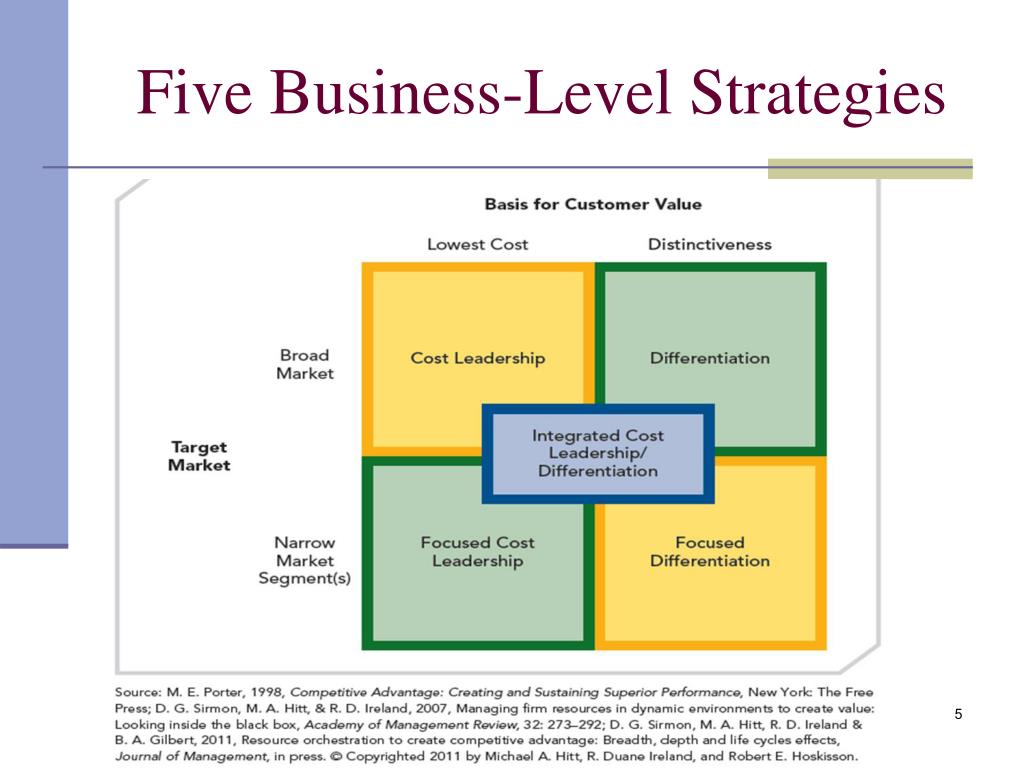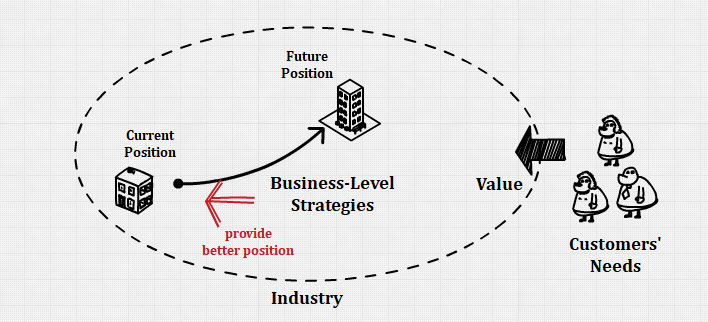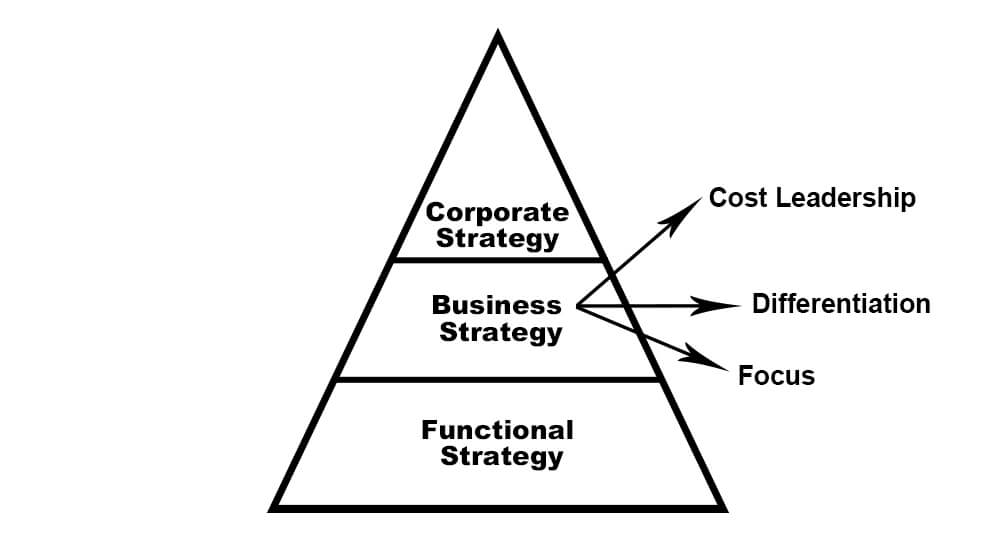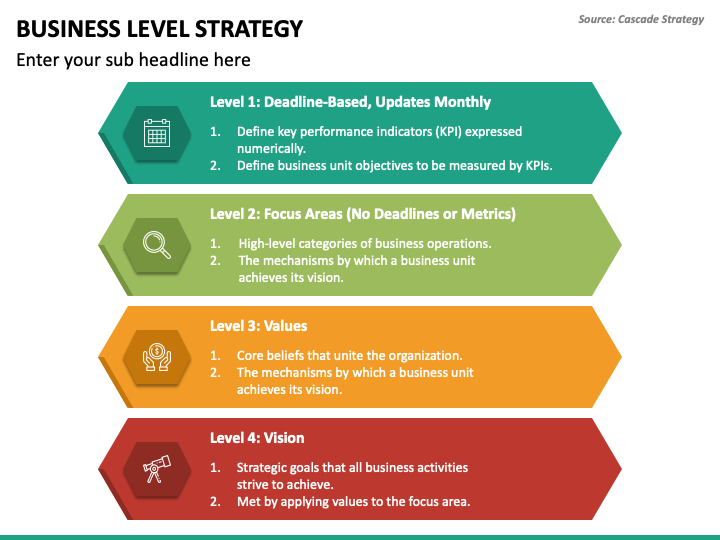Business level strategy refers to the plan of action a company takes in order to achieve a competitive advantage in a specific market. It is concerned with how a business competes in a particular industry, and it involves making decisions about the types of products or services the business will offer, the target market it will serve, and the resources it will allocate to its operations.
There are several types of business level strategies that a company can adopt, including cost leadership, differentiation, and focused low cost or focused differentiation.
Cost leadership strategy involves a company focusing on becoming the most efficient and lowest-cost producer in its industry. This can be achieved through various means, such as implementing economies of scale, reducing waste and inefficiencies in the production process, and negotiating favorable terms with suppliers. The goal of this strategy is to offer products or services at a lower price than competitors, which can attract price-sensitive customers and give the company a competitive advantage.
Differentiation strategy involves a company offering unique and superior products or services that are not easily replicated by competitors. This can be achieved through innovation, high-quality materials and craftsmanship, or unique features and benefits. The goal of this strategy is to create a loyal customer base by offering products or services that are perceived as superior to those of competitors.
Focused low cost strategy involves a company targeting a narrow market segment and focusing on becoming the lowest-cost producer for that segment. This strategy is often used by small businesses that cannot compete with larger, more established firms on a broad scale.
Focused differentiation strategy involves a company targeting a narrow market segment and offering a unique and superior product or service to that segment. This strategy is similar to differentiation strategy, but it is focused on a specific market rather than the overall industry.
In order to implement a successful business level strategy, a company must have a clear understanding of its target market and the competitive landscape in which it operates. It must also have the necessary resources, such as skilled employees, efficient production processes, and sufficient capital, to execute its plan effectively.
In conclusion, business level strategy is an essential component of a company's overall plan for success. By carefully considering the types of products or services it will offer, the target market it will serve, and the resources it will allocate to its operations, a company can gain a competitive advantage and achieve long-term success in its industry.







